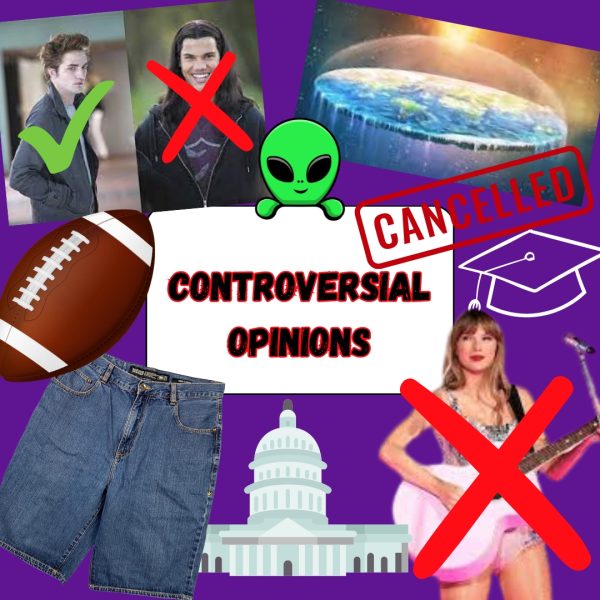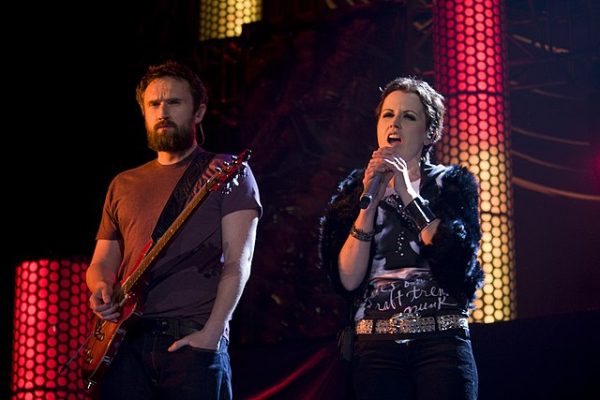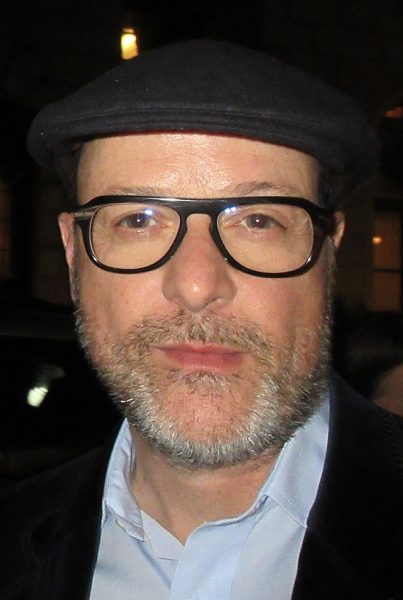The Face of Heroism
Any face told to represent heroism is a mask template, which not every hero can fit into. Is it possible for a mask to truly be “one size fits all?”
March 27, 2015
A hero is not defined by the ability to save the world; a hero is measured by someone’s bravery and strength to fight for another person’s tomorrow. The definition of a hero is something personal and should be an individual choice everyone must make for themselves.
With a world full of roads that bend and twist, many do not have enough strength to see what tomorrow brings. A hero saves a person’s future by giving them the courage to continue fighting. Society exemplifies many people for others to call heroes, but they are restricting the personal freedom to decide what qualifies as a hero. Heroism can be found in anyone or anything; it is a personal connection that should not be forged through the “examples” set by society.
Heroism is a diverse subject that is often not correctly defined because many people believe that only a certain type of person can be a hero, that heroism has a “face.” Heroism does not have a representative, considering that each individual thinks of someone different when they think of a hero. No one has the power to define heroism by a single being because everyone has a different perspective on who/what their hero is. Some may even be their own hero. It is everyone’s right to choose who inspires them in their darkest moments.
The problem with heroism comes when society restricts the term “hero” to people who have saved lives. Indeed, firefighters are heroes to the people whose lives they save, but does that mean everyone must view them as such? People can be openly heroic, but that may not make them everyone’s hero.
To associate the term, “hero” with fictional characters who wear spandex and long capes distorts the actual definition of the term by forcing people to only view superhuman forces and outrageous and unrealistic acts as “heroism.” That “superhero” is completely fictional, and should not be viewed in the waking world as a hero of any kind. Comic book characters should not be idolized and called heroes, as they are only heroic in their fictional universes.
The question, “Who is your hero?” should not be influenced by history books and comics, nor should society find it just to carve an outline for the question’s answer; it should be a thought provoking question that results in original, and personal feedback. Heroism is not a category; it is sentiment unique to everyone. No one can tell someone else who a hero is, because heroism is personal decision everyone must make for themselves. Heroism does not have a face.













